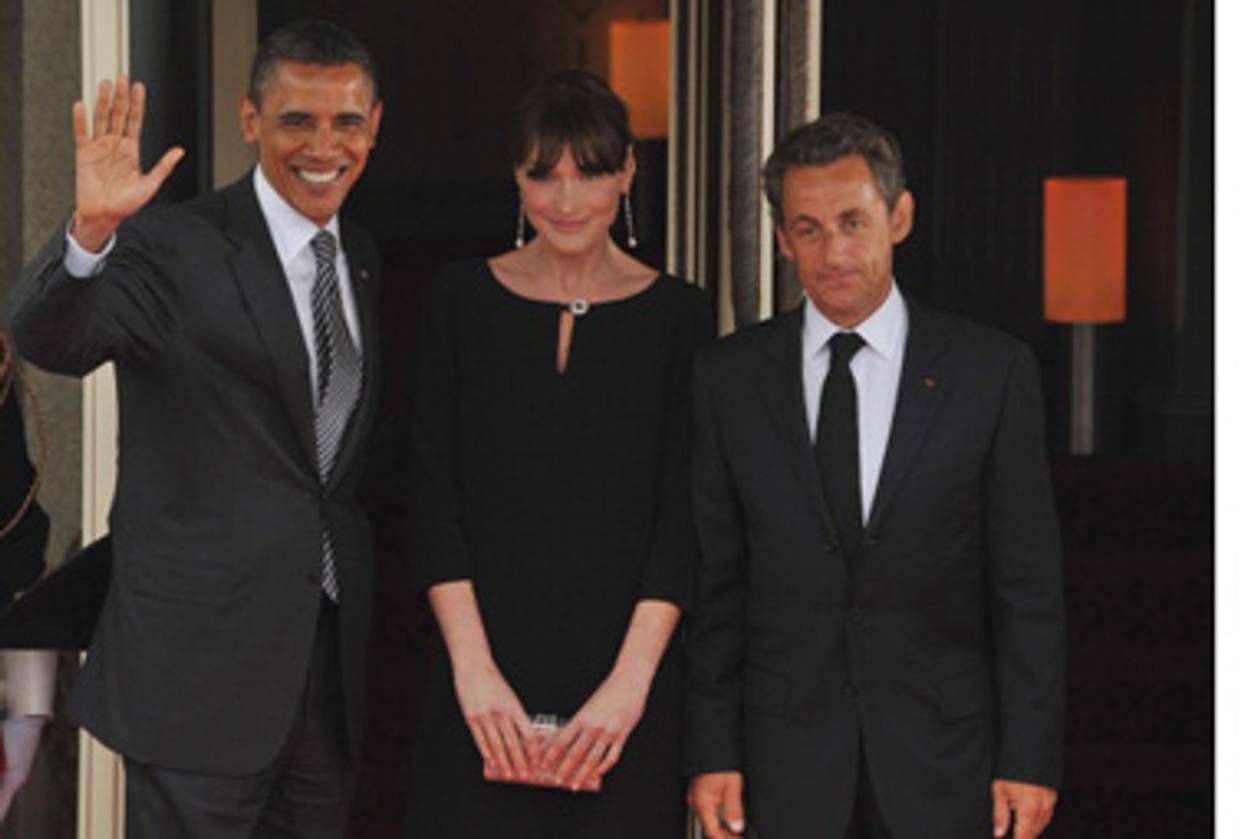Did Obama Sway Europe to Israel’s Side?
Palestinians, seemingly turned off by U.N. vote, tentatively agree to peace talks




The stakes of a U.N. General Assembly vote in September over Palestinian statehood have always had circumscribed stakes. On the one hand, the sheer number of sympathetic countries around the globe—in the Muslim world, South America, Asia, and elsewhere—was always going to ensure strong support. On the other hand, the certain U.S. veto in the Security Council was always going to prevent the binding trappings of sovereignty. President Obama hoped to sway a few crucial, powerful European states—“the barometer of international legitimacy,” as Jerusalem Post editor David Horovitz puts it in a must-read essay—into not backing the vote so as either to deter a vote itself or, in the event of one, to rob it of much symbolic importance. “Europe’s position in September will determine whether a General Assembly vote for Palestine generates a vastly intensified boycott and sanctions effort and creates a sense of legitimacy for violence against Israel,” Horovitz reports, “or whether the vote becomes as irrelevant as previous such campaigns for statehood.”
It appears Obama’s diplomacy is working. In a surprising move, over the weekend the Palestinian Authority reportedly agreed to France-sponsored peace talks—the existence of which, and progress on which, could be held up as justification for not holding a G.A. vote—if Israel agrees, too. (Prime Minister Netanyahu said Israel would consult with the U.S.) This is good news for Israel.
So, why the about-face on the French and, more so, the Palestinians’ part? Of France, which was one of the countries more likely to vote for statehood in the G.A., one senses consternaton about Palestinian reconciliation, specifically that the Fatah-Hamas alliance likely spells the end of Salam Fayyad’s premiership, which the West has viewed as the greatest hope for Palestinian statehood as well as the immediate justification for supporting statehood. Reconciliation has (predictably) failed in real life, specifically on the crucial issue of security. Moreover, one Palestinian source said that President Mahmoud Abbas recognized that a G.A. vote may require Security Council approval first, giving the United States the chance to quash it, although he intends to go ahead with it anyway.
But even the right-wing Horovitz recognizes that Obama’s diplomacy, which took Israel’s side enough so as not to truly give anything away but was rhetorically harsh enough so as to lend him real credibility with on-the-fence European countries—most of all Britain and France, both of which he visited last week—deserves credit for this outcome. “This is also a president who appreciates that the Arab upheaval is producing a ‘1948 moment’—an empowerment of regional opponents not to Israel’s presence beyond the 1967 lines but to Israel’s presence, period,” Horovitz argues.
This is also a president who recognizes that much of Europe is far more empathetic to the Palestinians than the United States has hitherto been. Anxious to encourage Europe not to vote for “Palestine” in September, this is also a president, finally, who is convinced that the way to achieve this goal requires sounding tough on Israel and gentle on the Palestinians.
Editor’s Notes: The Battle for Europe [JPost]
Abbas Agrees to Peace Talks With Israel [AFP/IHT]
Report: Abbas Knows U.N. Won’t Recognize State [Ma’an]
Analysis: Palestinian Unity Going Nowhere Fast [Reuters]
Earlier: Will Israel-Based GOP Attacks Get Through?
Marc Tracy is a staff writer at The New Republic, and was previously a staff writer at Tablet. He tweets @marcatracy.